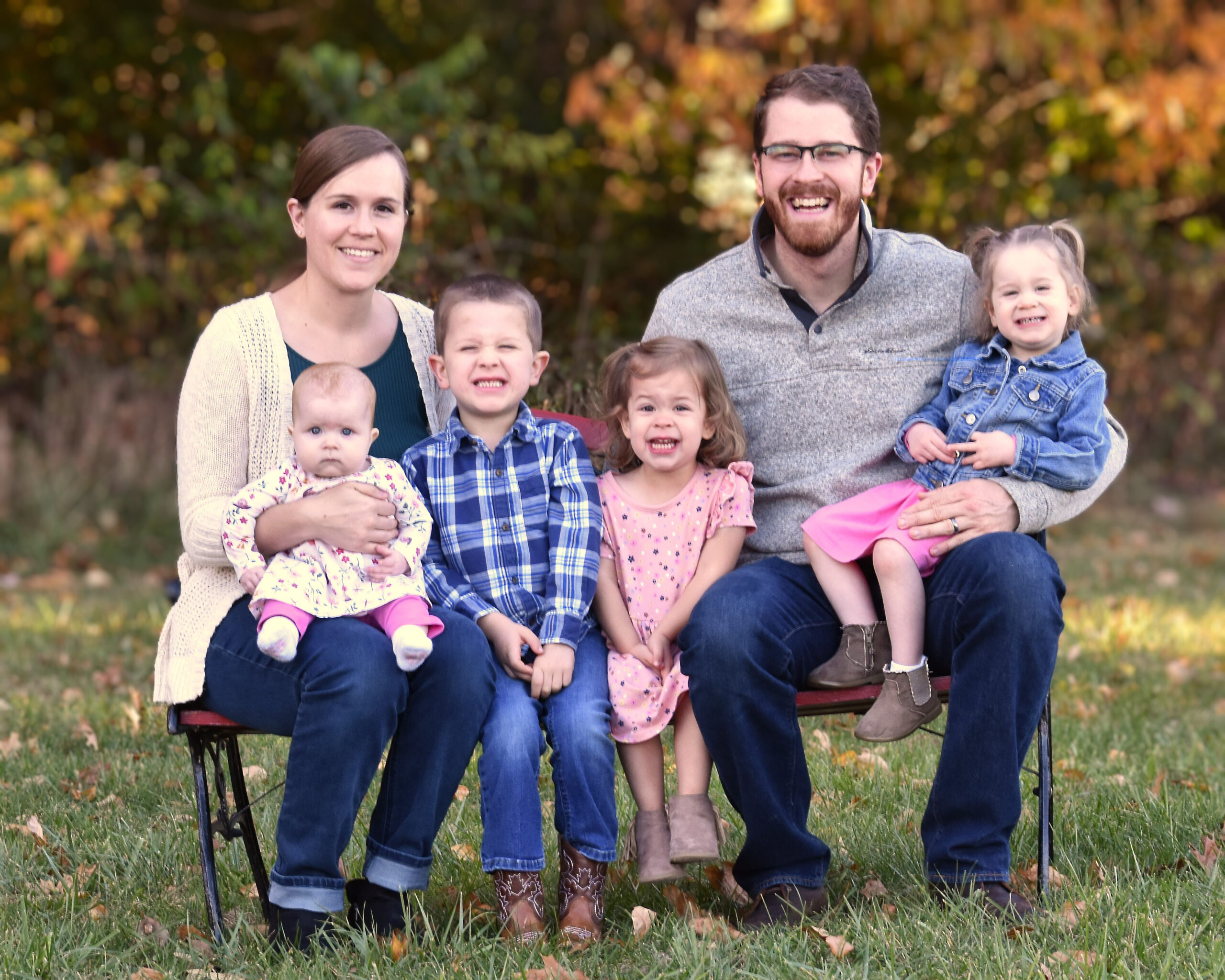
In 2018, I summitted Mt. Kilimanjaro. Thanks to great guides who consistently encouraged me to slow my pace, it wasn’t actually too physically difficult.
The six days of ascent afforded me time to ponder God and my relation to Him. I journaled and came away with three observations:
- This mountain is huge; it is taking me six days to summit, and if I moved any faster I’d be at significant risk for altitude sickness and heart failure. But God created this mountain by his word. That’s how big he is.
- If God is this big, and he is holy as the Scriptures tell us, his wrathful judgment against sin will be devastating.
- In the gospel, Jesus took the full weight of God’s righteous judgment. I deserved it but He took it, died, was buried, and rose again three days later. He is alive today, proving his sacrifice for me was sufficient, and now the God who created this mountain is my loving Father.
If you’re reading this and you don’t know God personally, you can know him and experience life as you were designed to live. He invites you to submit to him as Lord, turn your back on your sin, and walk in the light alongside him for the rest of your life. I can testify: he is worth it.

I’m a sinner, but I’ve been saved by grace through faith. (Ephesians 2:8-9)
My life is purposeful. My aim is to give glory to God and to obey Jesus’ Great Commission. This Commission is recorded in Matthew 28:19-20 —
“Therefore go and make disciples of all nations, baptizing them in the name of the Father and of the Son and of the Holy Spirit, and teaching them to obey everything I have commanded you. And surely I am with you always, to the very end of the age.”
I’m a husband to my wife, a father to my son and three daughters, an engineer, a graduate of Cedarville University (’13), and a full-time ministry worker at SonSet Solutions, a non-profit in northern Indiana, USA.
I’m using my skills in engineering to help gospel-centered ministries around the world overcome their technical challenges and accomplish their goals.
I want this site to be a place I can work through my thoughts and theology, interpret current events through the lens of Scripture, and share an occasional insight.
I find I’m able to think better when I write; this site is meant to be an outlet for that writing, and therefore, that thinking.
Follow me on X @the_cody_hall.
Why Bitcoin?
I first asked myself this question in 2018. My search for the answer has led to several thousand hours of learning. It has been said that it takes the average person at least 100 hours of studying the Bitcoin network to understand it. I am either less intelligent than the average person or crazy (I’m betting on the first one); I have invested many weeks worth of time into understanding it.
Interestingly, Michael Saylor has said that no one who has studied Bitcoin for 100 hours still has a negative opinion about it.
In my conversations with folks who speak negatively about Bitcoin, they have basic gaps in their Bitcoin knowledge. They have not yet put in the work to understand it.
I aim to fill in those knowledge gaps by writing about Bitcoin in simple terms that are accessible to everyone. I will follow the flow of how I learned about it and came to adopt Bitcoin as my primary savings vehicle and store of value.
Follow me on X @the_cody_hall.